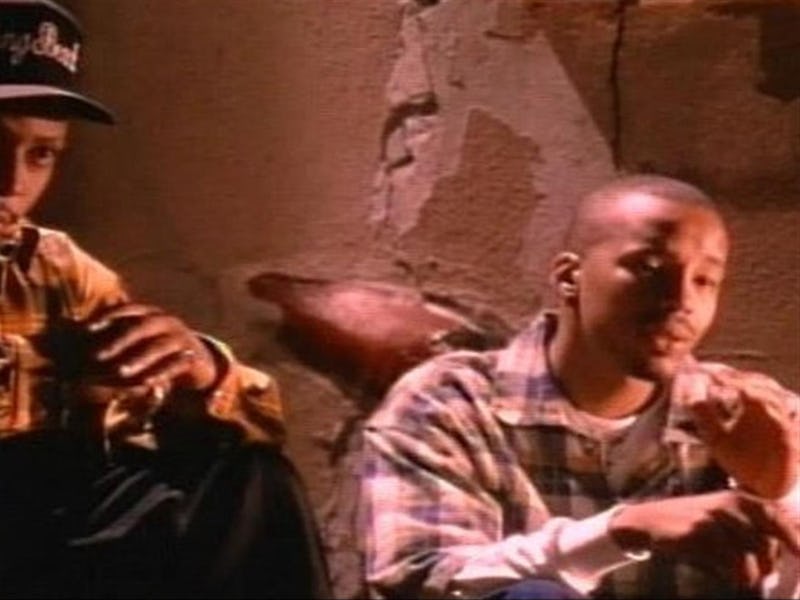
The robo-revolution is coming, and Elon Musk wants the government to get ready. The tech entrepreneur is concerned that the coming rise of super-advanced machines could surprise society, and to make his point, he’s employed the use of a hip-hop classic.
“Got to regulate AI/robotics like we do food, drugs, aircraft & cars,” Musk said on his Twitter page Sunday. “Public risks require public oversight. Getting rid of the FAA wdn’t make flying safer. They’re there for good reason.”
He’s not the first person to make such a suggestion. Hillary Clinton, former Democratic presidential nominee, revealed last week that she wanted to set up a blue ribbon commission to study the effects of A.I. automation on jobs and unemployment. These commissions are composed of experts and academics, with the view to making recommendations about future government action. Stephen Hawking has also warned about A.I.’s detrimental effects.
Attached to the tweet, Musk shared a link to Warren G’s 1994 song “Regulate” featuring Nate Dogg:
Warren G probably didn’t expect his song to later serve as a rallying cry for the robo-automated millennium, but it hits on a key point Musk has been making for a while. At the National Governors Association meeting in July, he urged over thirty governors to take a proactive approach to the coming change.
“By the time we’re reactive in A.I., regulation’s too late,” Musk said. “Normally, the way regulation’s set up, a whole bunch of bad things happen, there’s a public outcry, and then after many years, a regulatory agency is set up to regulate that industry. There’s a bunch of opposition from companies who don’t like being told what to do by regulators, and it takes forever. That in the past has been bad but not something which represented a fundamental risk to the existence of civilization.”
Beyond lost jobs, Musk fears that machines could overtake us at an unexpectedly fast pace. Neuralink, a new startup he founded earlier this year, is aimed at creating a computer-brain interface to develop a symbiotic relationship between man and machine. The alternative, he claims, is that A.I. turns humanity into little more than “house cats” subservient to their masters. With that in mind, maybe Warren G was ahead of his time with the call for regulation.